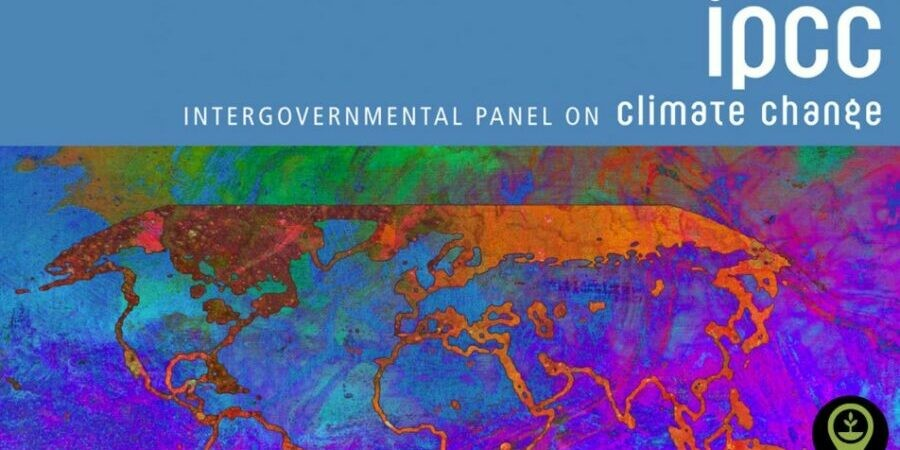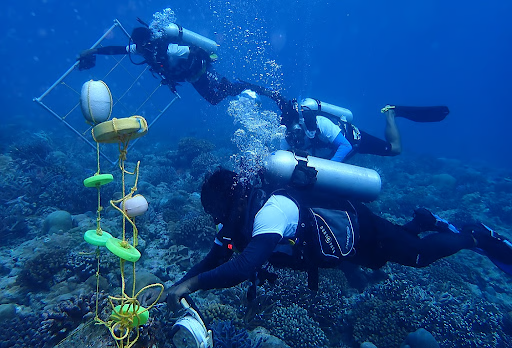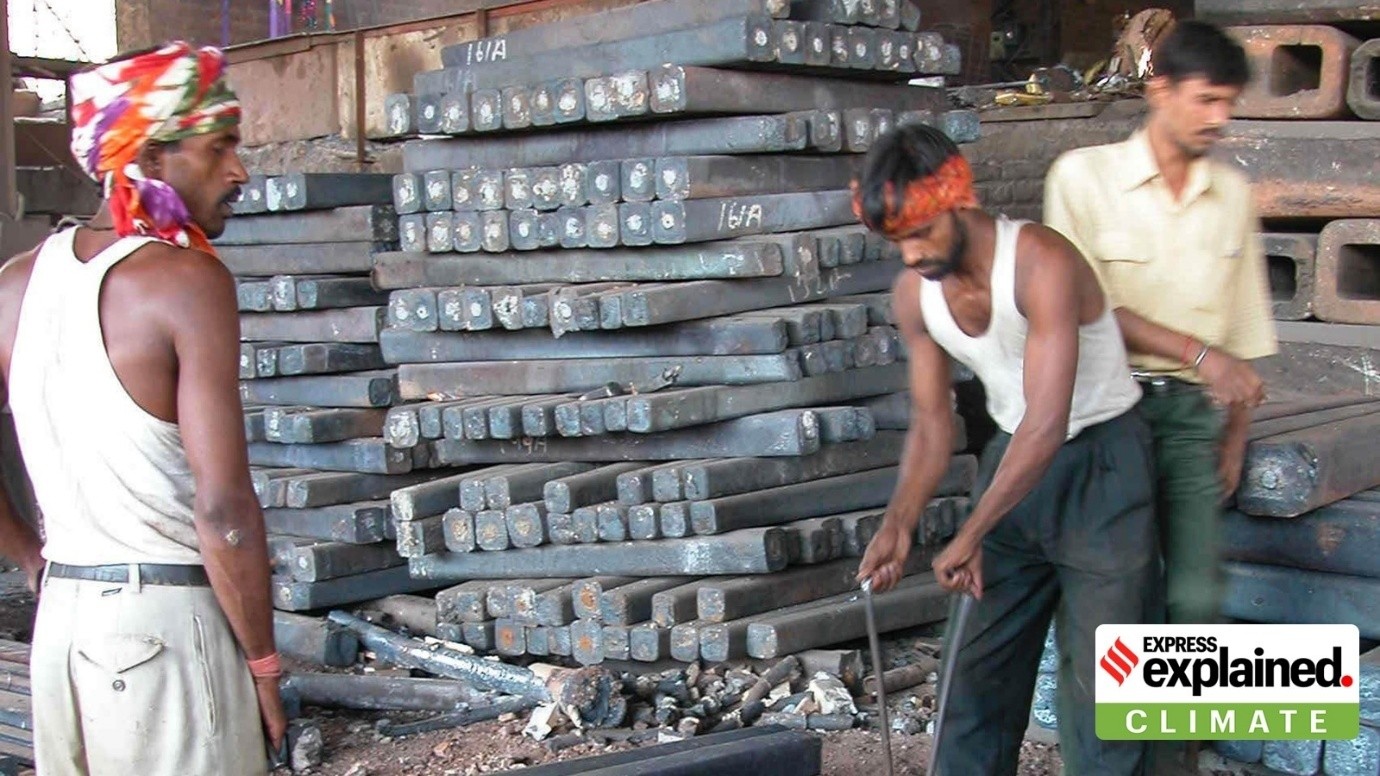





Copyright infringement not intended
Picture Courtesy: https://ecomatcher.medium.com/2021-ipcc-report-on-climate-change-what-companies-and-individuals-can-do-to-help-8ccc75ff3dd3
Context: The IPCC, a UN body, concluded the AR6 cycle in 2023, featuring full assessment reports, a synthesis report, methodology reports, and special reports. The ongoing AR7 cycle aims to produce similar comprehensive assessments on climate change.
About the Intergovernmental Panel on Climate Change (IPCC)
Membership and Governance
Scientific Work and Reports
Global Authority and Influence
Assessment Cycles and Special Reports
|
Initiation of the Seventh Assessment Cycle (AR7) ●Following the completion of AR6, the IPCC initiated its seventh assessment cycle (AR7) by nominating and electing an IPCC Bureau in early 2024. ●The Bureau agreed to produce three categories of reports for AR7: ○Full assessment and synthesis reports, which would include reports from three Working Groups along with a synthesis report. ○Methodology reports, including topics such as short-lived climate forcers and carbon removal. ○A special report focusing on climate change and cities. ●Several member countries requested that the assessment reports be prepared and published by 2028 to coincide with the next global stocktake (GST), as part of the Paris Agreement. However, there were challenges in reaching a consensus on the timeline for the full assessment reports due to concerns about the content, inclusivity, and the time required for review and finalization. |
Structure and Organization
Funding and Budget
Awards
|
Intergovernmental Panel on Climate Change (IPCC) |
|
|
Key Points |
Description |
|
Formation |
Established in 1988 by the United Nations Environment Programme (UNEP) and the World Meteorological Organization (WMO) |
|
Objective |
To assess the scientific, technical and socio-economic knowledge on climate change, its impacts and future risks, and options for adaptation and mitigation. |
|
Role |
Conducts comprehensive assessments of the state of scientific, technical and socio-economic knowledge on climate change. Facilitates international cooperation in research and development activities related to climate change. Provides technical and scientific advice to the United Nations Framework Convention on Climate Change (UNFCCC) and its Kyoto Protocol. Identifies areas where further research is needed. |
|
Structure |
Three Working Groups: ●Working Group I (WGI): Assesses the physical science basis of climate change, including observations, understanding of and attribution to human influence, and future projections. ●Working Group II (WGII): Assesses the vulnerability and adaptation to climate change, including its impacts on ecosystems, human health, food security, water resources, and socio-economic development. ●Working Group III (WGIII): Assesses mitigation of climate change and sustainable development, including options for limiting climate change and its associated risks. Task Force on National Greenhouse Gas Inventories (TFI): Provides methodological and technical guidance to countries for the compilation of consistent and transparent greenhouse gas inventories. |
|
Participants |
Thousands of volunteer scientists from all over the world contribute to the IPCC's assessments. Governments of all 195 member countries of the United Nations or the WMO are represented. |
|
Reports |
Assessment Reports (ARs): Comprehensive summaries of the current state of knowledge on climate change, published approximately every 6-7 years. Special Reports (SRs): Address specific issues related to climate change, such as climate change and land use or renewable energy sources and climate change mitigation. Methodology Reports (MRs): Provide practical guidelines for the preparation of greenhouse gas inventories. |
|
Assessment Cycle |
Preparation: Experts nominate authors and outline the report. Drafting: Authors prepare the report based on peer-reviewed scientific literature. Review: Governments and experts review the drafts, providing comments and suggestions. Approval: Governments line by line and accept or reject the report, with the goal of consensus. Publication: The final report is published. |
Conclusion
|
PRACTICE QUESTION Q. The concept of "Loss and Damage" highlights that the most vulnerable nations often bear the brunt of climate change despite contributing the least to emissions. How should responsibility for loss and damage be determined, and what mechanisms should exist to help finance adaptation and recovery, particularly in the Global South? |






© 2026 iasgyan. All right reserved